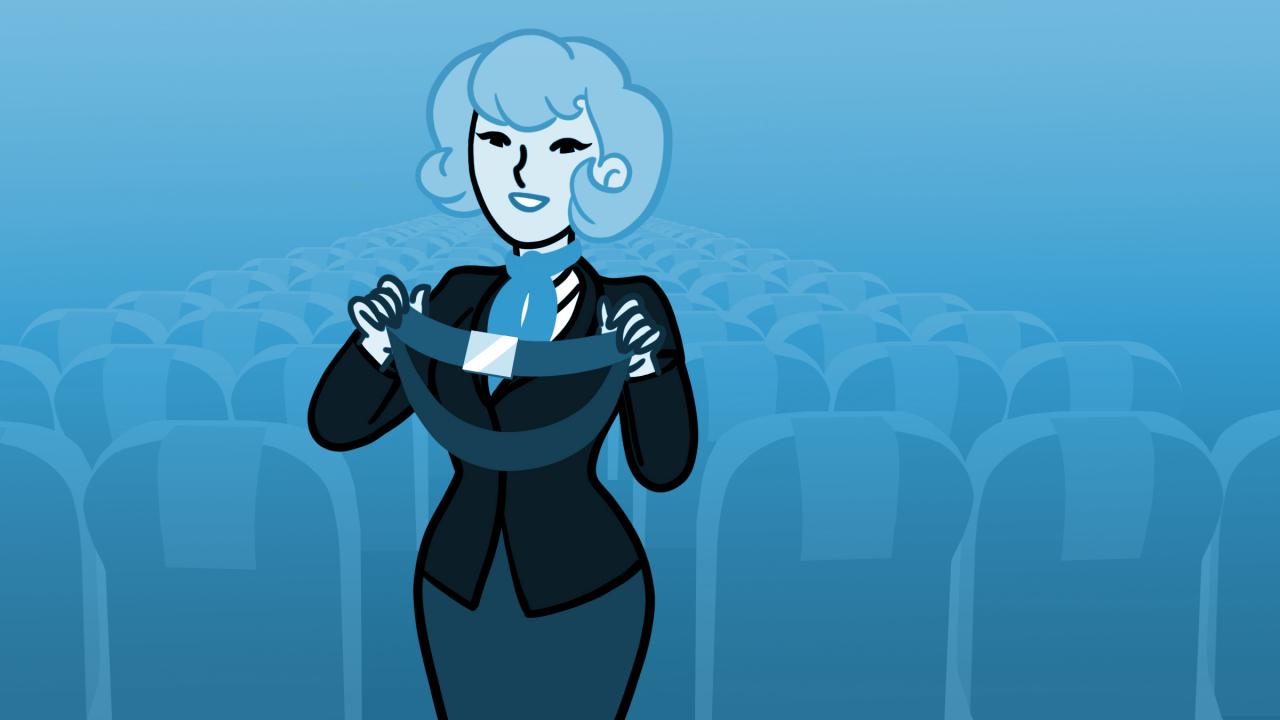Managing Risks
Imagine you see the notice come in from the court on your latest case: Defendants’ motion for summary judgment has been granted and your client’s case is dismissed with prejudice. Your client has just lost the entire case—a case that you had litigated well. After dealing with the disappointment and post-judgment motions, you really feel it would be best for you to call it quits.
An appeal can be a procedural maze—and if you make the wrong turn, occasionally there is no way out. In one case, the appellant lost her way in confusion over the magistrate rules.
When faced with the prospect of an appeal, you may choose to see the case through the appeal, or hand the case off to appellate counsel. Download this free overview of appellate practice in Colorado state courts to help you make the best decision.

A multi-chapter resource about appeals: for most direct appeals to the Colorado Court of Appeals, a notice of appeal is your gateway to the Court. The NOA must be filed within 49 days of the date of the entry of the judgment from which the party appeals. Seems easy, right? Unfortunately, many an unsuspecting attorney has found themselves in the horrifying position of having to explain to their client how they weren’t able to figure out such a “simple” calculation.
A lawsuit for an uninsured liability could wipe you out. Here are coverages and endorsements you should check over carefully, both to be sure that you have them, and that the details of the policy are accurate.
Responses to: Why would my case go up on appeal? Do I have to respond to an appeal? How do I find an appellate attorney? What happens after the Notice of Appeal is filed? and more...
Although it is important that an appellate brief be artfully drafted, victory on appeal may turn more on whether trial counsel had the forethought to ensure that an issue was preserved. This article reviews the general rules regarding preservation and explores the narrow exceptions to that rule that have been recognized by Colorado appellate courts. It then provides some practical suggestions for preparing for appeal during trial and beyond.
This article was originally published in the Pikes Peak Lawyer, October 2015, the official publication of the El Paso County Bar Association. Read More→
I started my legal career with several years clerking at the Colorado Court of Appeals, and appellate law is one of my practice areas. I usually work as co-counsel with trial attorneys who feel less comfortable with appellate briefs. Recently, the Colorado Court of Appeals issued a 3-0 opinion in my client’s favor. This got me thinking about principles for practicing appellate law and winning as often as reasonably possible.

A multi-chapter resource by Theresa Lynn Sidebotham, Esq. and Dr. Brent Lindquist about when missions think that a family needs receive counseling, but the family doesn't want to go.
Plaintiffs and defendants both need to have an idea how much a case is worth. If you are thinking about filing a case as a plaintiff, you need to know if it will be worth going through the hassle, emotional stress, and costs. You need to know whether you should settle, and for how much, or if you should take the case to trial. If you are a defendant, you need to know what kind of financial impact the case could have. You must know what you are up against, when a settlement offer is reasonable, and when it is too much to pay.

